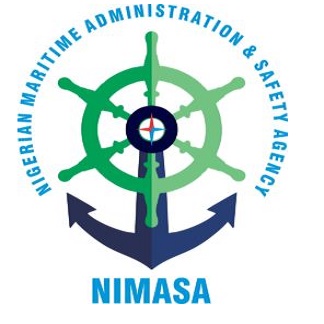Blue Economy Success Hinges on Judicial Support, NIMASA Chief Declares at Maritime Law Forum
Nigeria’s maritime sector leaders emphasized the critical role of the judiciary in developing the nation’s Blue Economy during the 4th Edition of the Admiralty Law Colloquium in Lagos. The event highlighted the essential partnership between maritime regulators and the judicial system in unlocking the potential of Nigeria’s maritime resources.
Dr. Dayo Mobereola, Director-General of the Nigerian Maritime Administration and Safety Agency (NIMASA), stressed that judicial interpretation of maritime legislation is fundamental to achieving the country’s Blue Economy objectives. “Nigeria’s Blue Economy requires an all hands on deck approach, with the Judiciary as a crucial actor,” Mobereola stated, emphasizing how legal interpretations directly impact industry standards and investor confidence.
Chief Justice of Nigeria, Justice Kudirat Kekere-Ekun, represented by Justice Emmanuel Akomoye Agim, called for proactive judicial engagement in maritime development. “The Judiciary must not stand at the shoreline as a passive observer, but rather as an active navigator — steering the ship of justice through the complex waters of maritime development,” she declared, underlining the judiciary’s vital role in transforming maritime aspirations into tangible economic benefits.
The colloquium, jointly organized by NIMASA and the National Institute of Advanced Legal Studies (NIALS), featured technical presentations from maritime law experts Dr. Emeka Akabogu (SAN) and Dr. Chukwuchefu Ukatta. A subsequent panel discussion, chaired by NIALS Director-General Prof A. J. Abikan, facilitated dialogue between legal professionals and industry stakeholders.
Notable attendees included Court of Appeal President Justice M. B. Dongban-Mensem (represented by Justice E. O. Williams-Dawodu) and Federal High Court Chief Judge Justice John Tsoho (represented by Justice A. Faji).
The African Union values the continental Blue Economy at over $300 billion, encompassing sectors such as shipping, fisheries, energy, and coastal tourism. Through this annual colloquium, supported by the National Judicial Institute (NJI), NIMASA aims to enhance judicial expertise in maritime law while strengthening the legal framework necessary for sustainable maritime development.
The collaboration between NIMASA and the judiciary represents a strategic effort to align Nigeria’s maritime governance with global standards, ultimately positioning the country’s maritime sector as a significant contributor to national economic growth.







Leave a Comment